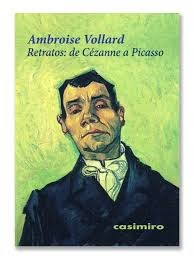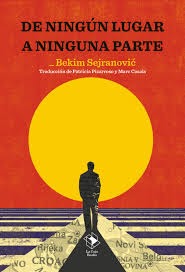
Original title: Offices
Year of publication: 1972
Translation: Rafael Martin Calvo
Valuation: Highly recommended
The “con” of this book reminded me of The search by Juan José Saer. Once the novel is finished, I think there is something of that Saer, but the main names that come to mind are Kafka and Dostoyevsky. Take it now!
Why The cage It initially appears to be a crime/crime novel, but ends up becoming a plea for individual freedom in a “standardized” world. Or, rather, in a world in which we walk along marked paths, believing we enjoy a freedom that only encompasses the perimeter of the invisible cage that surrounds us. On the one hand, the cage as a metaphor, like that insect, that castle or that process of the Czech genius; on the other hand, guilt, moral dilemmas, the acts themselves as a self-imposed prison of the Russian genius.
We are in 1972, in the Latvian SSR and you have to pass the censorship no matter what. Hence, perhaps, the author’s choice for a beginning in the purest “mystery novel” style. Because there has been the disappearance of Edmunds Berzs, a successful architect, there has been an investigation under the command of Inspector Struga and there has also been a mystery solved. And there are some first chapters focused on the physical and psychological description of Berzs, Edite (Berzs’ wife) and Struga, investigations, clues, suspicions, indications, etc.
But something makes us see that the novel will take another direction: certain similarities, playing with the figure of the doppelganger, etc. This is what happens halfway through the novel. There is a twist, a moment in which the author swerves, after which what could have happened with Berzs (with his corpse?) loses importance.
The novel turns from the police to the purely psychological, becoming much more oppressive and suffocating. Victimizer, investigator and victim occupy the center of the novel and their reflections, disquisitions, dilemmas, decisions about society, its role and influence on individuality become the crux of the matter.
We are all children of a society, like the nuts of a walnut tree. The worm enters some and devours the nut, leaving a void. The wind knocks some down before they mature. (…) We are all so similar and yet so different in our being.
Every novel is somewhat tricky. The cage it is too. It plays with us and with the censors (sometimes I doubt if they read the novel in its entirety) and turns what seemed like a good detective novel, despite a certain feeling of something already read, into a very good philosophical-existential novel.
Source: https://unlibroaldia.blogspot.com/2024/04/alberts-bels-la-jaula.html


